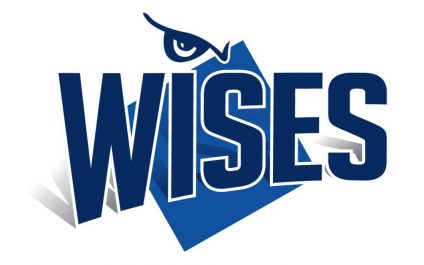Fast fashion companies have built their brands on replicating designers’ work and selling their items at a fraction of the price. Zara, H&M and Fashion Nova, to name a few, have been accused of copying designs, sometimes mere hours after they are revealed on the catwalk.
Can the law keep up with fast fashion?
Burgers and Fries with a Side of a Trademark Lawsuit
In-N-Out, the popular California burger chain, sued Puma for trademark infringement. Why would a sports apparel retailer initiate an IP battle against a fast food chain?
Puma collaborated with streetwear designer Mike Cherman and released sneakers branded ‘Cali-0 Drive Thru’ and ‘California Drive Thru’. The sneakers were simple white leather low-tops with a red trim on the bottom and laces with a palm tree pattern.
Madrid Protocol: The Need for a Canadian Trademark Agent
Now that Canada is the 104th member of the Madrid System, it is integral that non-Canadian business owners understand the importance of retaining the appropriate Canadian trademark practitioner for their matter. Wises has the capacities of both a trademark lawyer and registered trademark agent, offering you a full range of trademark services.
Does China’s new Trademark law really do any heavy lifting to combat squatters?
China’s ‘first-to-file’ system provides opportunistic squatters the ability to register trademarks despite having no intention of using them in the market, thereby making it difficult for legitimate trademark owners to register their brands in China.
It’s All in the Name
The Times They Are a Changin’
The day has finally arrived – the new Trademark Act has come into force in Canada earlier this week. The new trademark regime brings significant changes with it.
We have summarized some of the key changes that are now in force that will affect new trademark applications and existing registrations.
From Taco Tuesday to Sunday Brunch, restaurants fight over trademarks
Foodie trademark law is a brutal world, in which even the most basic culinary gimmick has probably already been claimed and protected by unforgiving law, from the “Ham N’ Egger” to “Eggs Benny.”
News that a large restaurant franchise conglomerate has threatened a small Tex-Mex cantina in Calgary with a lawsuit for illegally using the trademark “Taco Tuesday” has shone a rare light into the murky world of intellectual property law for foodies.
That’s Nacho Trademark!
For the last three years, the Calgary-based Blanco Cantina restaurant has been using “Taco Tuesday” in its advertising for half price taco specials on Tuesday. Blanco Cantina recently received a cease and desist letter from Taco Time franchisor MTY Tiki Ming Enterprises Inc.
Location, Location, Location – The issue of descriptiveness in Canadian Trademark Applications
Can you register the name HOLLYWOOD for films and entertainment services? What about MUNICH for beer and pretzels? A resident of Haliburton recently registered the trademark HALIBURTON in association with various goods, causing much debate and controversy amongst the local government officials – particularly in light of recent case law in Canadian trademark law.
Technicalities Matter – Disclosure Requirements in Ontario
Before a franchisor signs up a new franchisee, it must disclose information about the franchise system and business in a disclosure document. Franchise law in Ontario places strict requirements on the contents, form and timing of disclosure. Failure to provide a disclosure document as required by the Arthur Wishart Act (Franchise Disclosure) (the “Act”) can lead to devastating consequences for a franchisor – including the exercise of the franchisee’s right of rescission.

